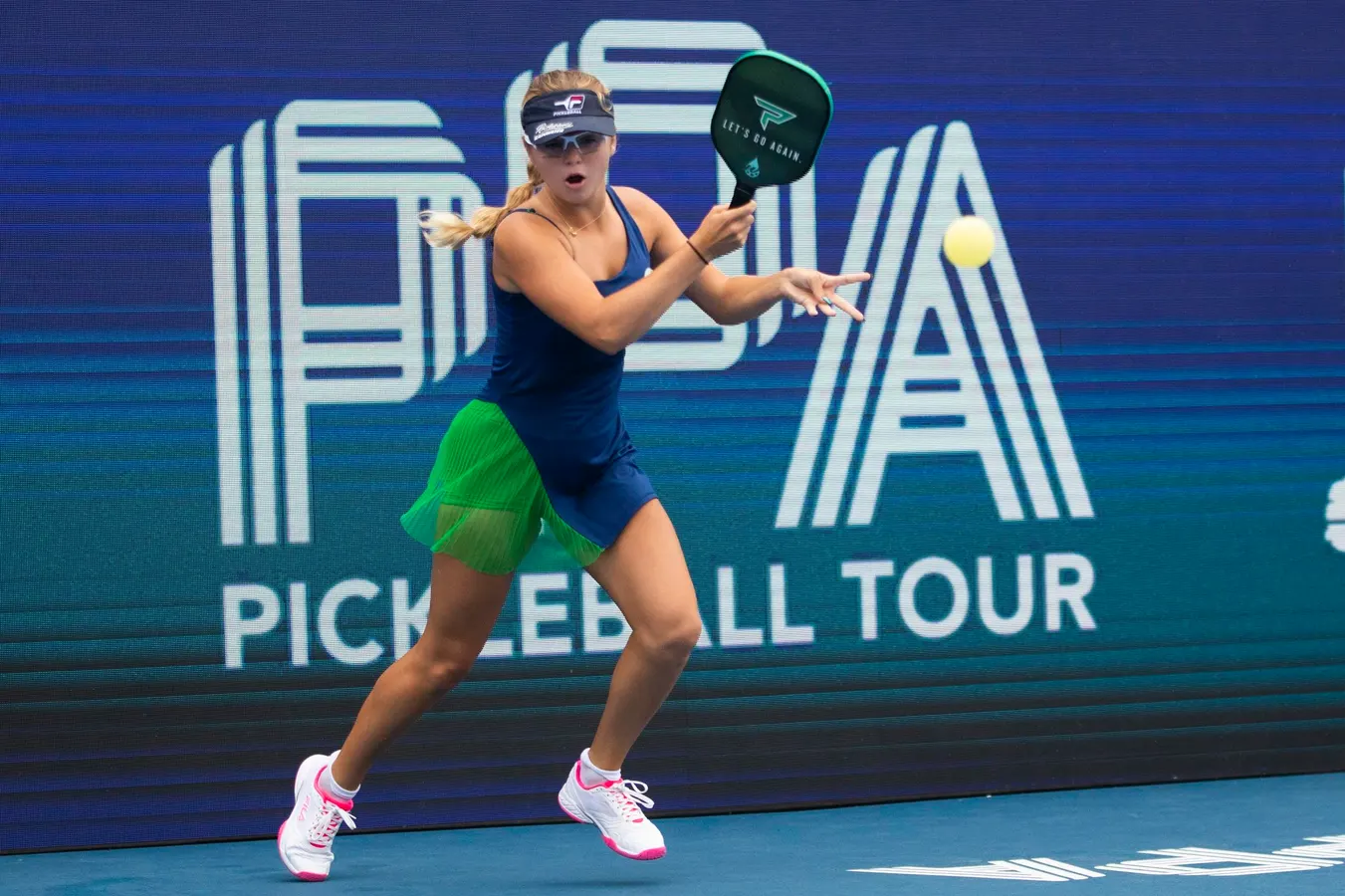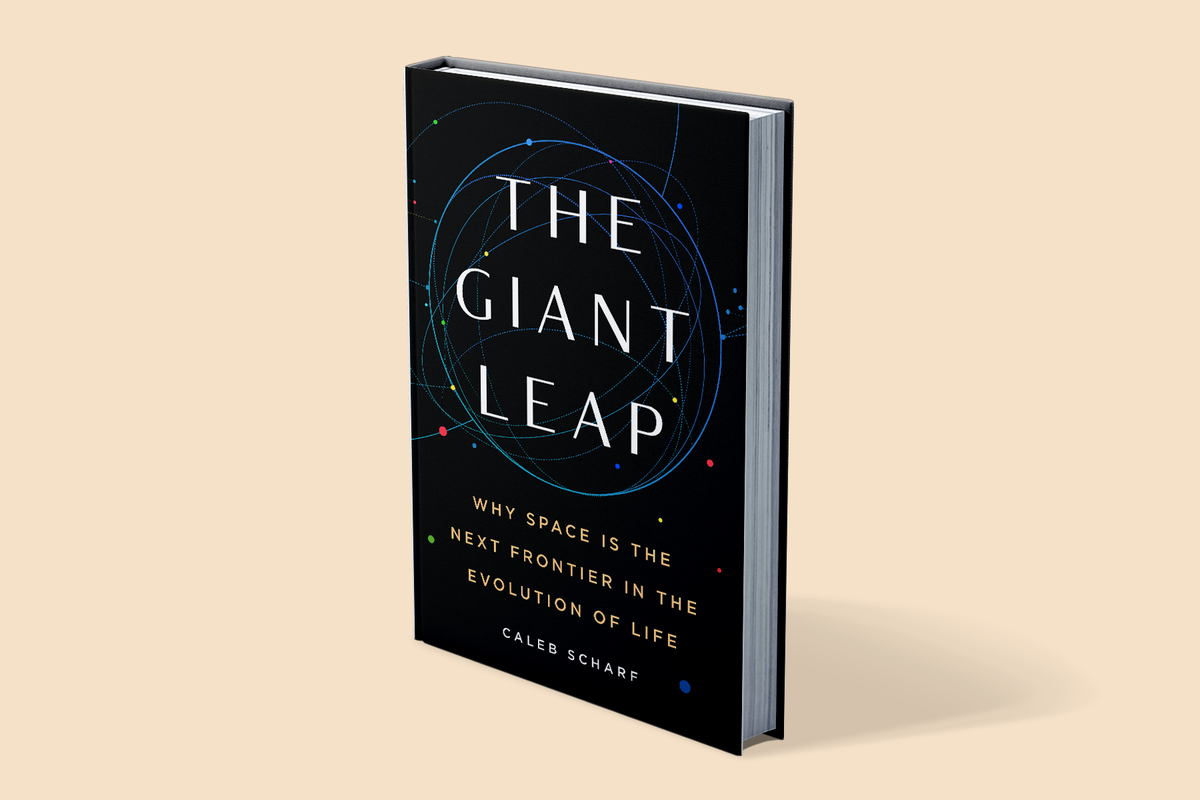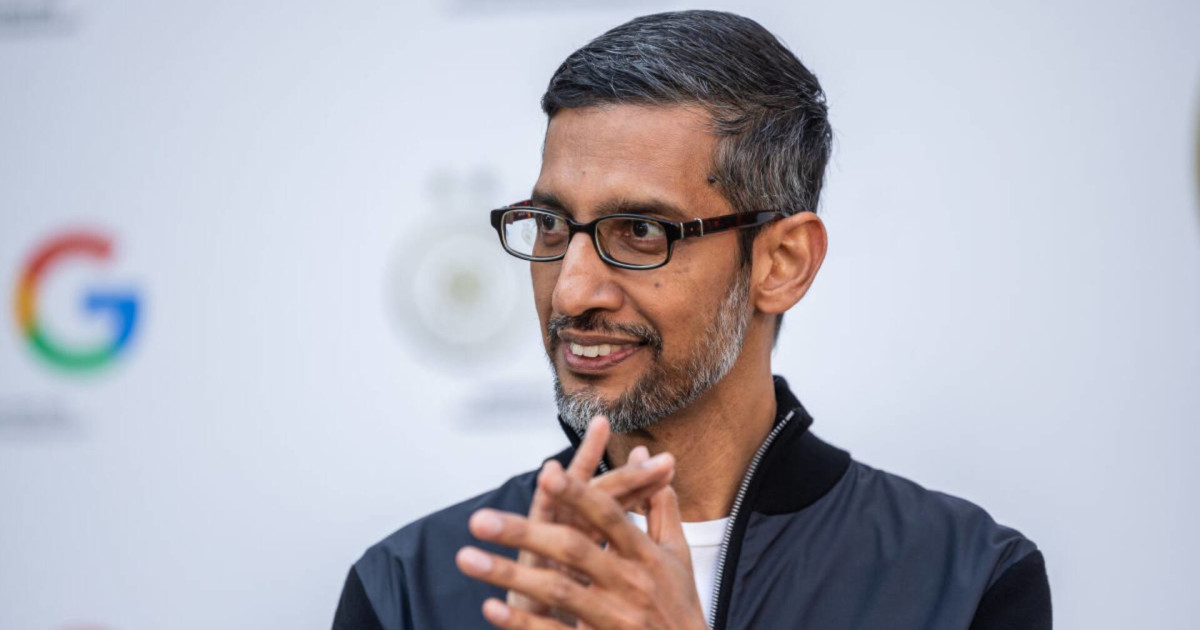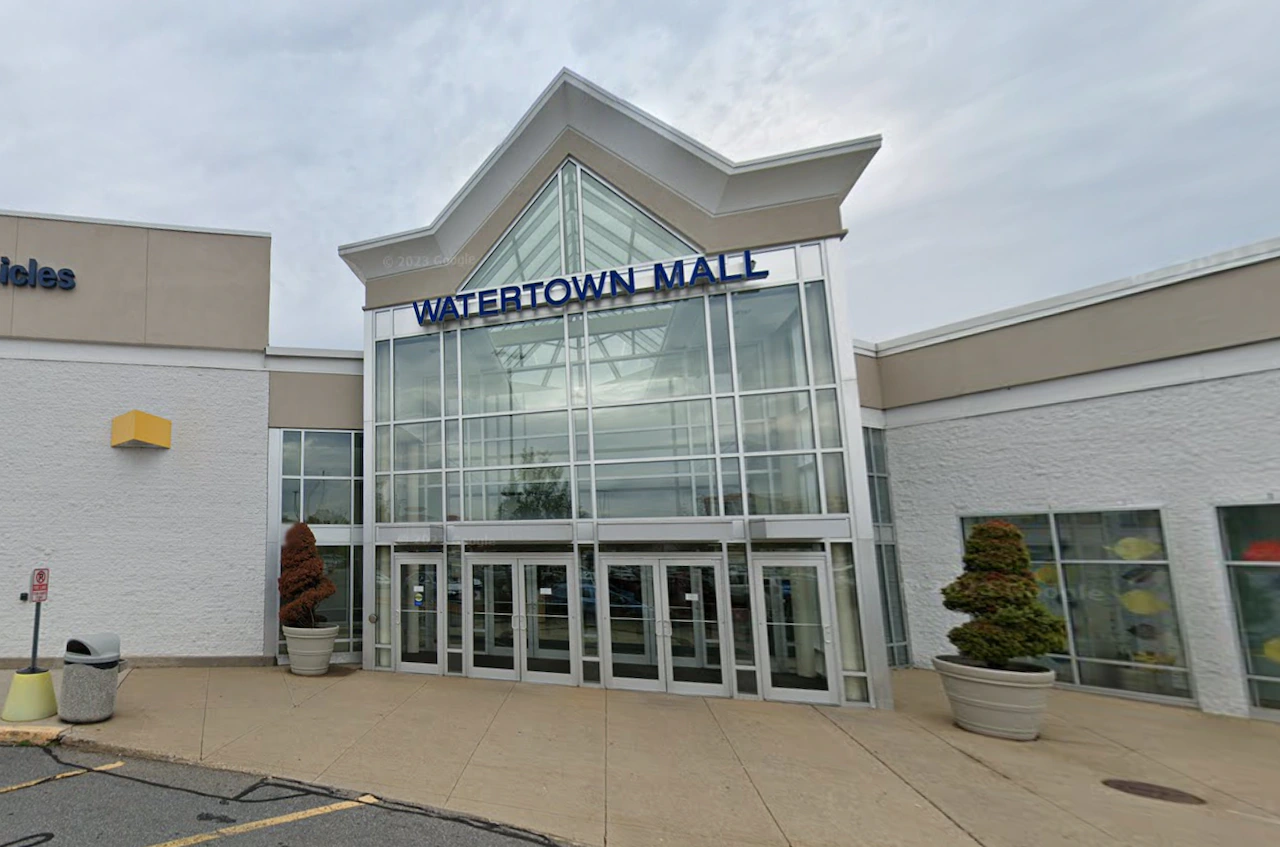Copyright Forbes

Pickleball is one of the fastest-growing sports in the U.S., with nearly 20 million active players. As the sport expands to all corners of the country, so too does court construction and a growing list of tournaments. To ensure pickleball continues to thrive without damaging the communities it’s played in, the Professional Pickleball Association (PPA) has teamed up with French multinational Veolia to tackle environmental sustainability. The multiyear partnership aims to help the upstart league thrive on and off the court by implementing incremental sustainability solutions as the championship scales its tournaments. To date, Veolia is assisting the PPA with plastic recycling, water treatment and refilling, and waste management. Together, they are also building environmental awareness among pickleball players and fans, and in the medium to long term, Veolia and the PPA will build a comprehensive sustainability strategy and implement annual non-financial reporting. “The PPA shares our values of sustainability, diversity, and inclusion, offering the same pay for men and women,” Carrie Griffiths, Veolia’s Chief Communications Officer, told me via videocall. Those values, plus the PPA’s rapid growth, make it the ideal partner. Each PPA tournament is an opportunity for Veolia to implement necessary sustainability solutions and enhance its visibility in the world’s biggest sports market. Being a startup league comes with both challenges and opportunities. PPA Senior VP of Revenue, Jacob Cohen, recognizes the importance of environmental sustainability and improved resilience in pickleball communities. Alone, the PPA doesn’t have the manpower or knowledge base to build its own sustainability initiatives, but it can implement ready-made solutions provided by an industry expert, like Veolia. Veolia’s Sustainable Pickleball Solutions PPA and Veolia are already midway through their agreed partnership, and both sides are thrilled with the sustainability advancements they have already made. This season, they began awarding team and individual winners with pickleball’s first upcycled trophy, made of 3D-printed recycled acrylics. MORE FOR YOU Over the last three tournaments, Veolia installed water recycling systems, providing free, clean drinking water to all fans, saving roughly 25,000 plastic bottles in the process. The water refill stations are similar to those in airports. They tap directly into the city’s water source, so there is no need to ship in additional water to the tournament location, and they count the amount of single-use bottles that are saved as a result. Veolia has also come up with a solution to a problem that had not yet dawned on the pickleball industry. What to do with broken, worn-out balls? Griffiths says the Veolia team has worked with the PPA and local tournament organizers to place plastic pickleball-specific recycling bins around tournament courts. Fans, players, and staff can drop used or damaged balls into these bins, and they are then packaged and shipped to Veolia’s Wisconsin Fuel Factory. The balls are then engineered into fuels that can replace fossil fuels during concrete production. Veolia has similar projects for other disposable parts, such as wind turbine blades. Veolia is also working with the PPA’s nonprofit “Just Courts” to dispose of the paint they use to line pickleball courts in underserved communities. Veolia collects the paint and sends it to one of its hazardous waste facilities for recycling and repurposing. This kind of increased circularity reduces the need for virgin paint each time and eliminates a toxic waste product from the regular municipal waste. According to Griffiths, Veolia has the expertise to consult on overall emissions reductions. However, for now, she says it’s “a question of maturity and what’s realistic.” While low-hanging fruit like plastic recycling and reducing water use will not drastically reduce the PPA’s annual greenhouse gas emissions, they are easy-to-implement, quick solutions with tangible benefits for the host city and tournament organizers. Moreover, they are just the right thing to do at a time when all the science points to the fact that freshwater is running dry and plastic — an oil-based product — is a major source of pollution across the planet. The Benefits of a Purpose-Built Partnership Veolia was founded in Paris over 170 years ago. It has over 200,000 global employees and offices on five continents. It is primarily a B2B organization that works with brands large and small, implementing environmental solutions focusing on waste, water, and energy management. According to its website, it aims to “be the benchmark company for ecological transformation.” The French multinational recently developed its Green Up Strategy, which focuses on decarbonizing, depolluting, and regenerating resources. The strategy contains specific objectives through the year 2027, including the elimination of 18 million tons of CO2 and the depollution of 10 million tons of water, creating fresh drinking water for millions. Veolia’s largest issue, as Cohen states, is that “they have 225,000 global employees, but nobody knows them.” Their largest competitor, Waste Management, is an established entity across the U.S., allowing it to develop long-term public and private relationships. As such, Veolia is looking for new ways to access potential customers and believes that the sports industry is ripe for purpose-built partnerships that drive solutions and visibility. Cohen recalls that he first connected with an agency representing Veolia in 2023. He showed a representative from Veolia around the PPA’s 2023 tournament in Cincinnati. Shortly after, the two entities agreed to partner with Veolia, looking to use pickleball’s growing platform to get its name into communities across the country. Griffiths freely admits, “Not everybody knows who we are, and we want to change that,” adding, “We have the solutions to help our customers be more sustainable. We need everyone to understand how we can help.” Partnering with the PPA gets Veolia physical branding at countless pro tournaments across the country, as well as TV and streaming visibility on broadcasts on CBS, Fox, and ESPN. Their branding is also used during PPA-sponsored camps and clinics. At tournaments, Veolia also gets to make in-person connections with potential clients. Bonding over a common interest (pickleball in this case) facilitates conversation and business. The company brings a mobile water treatment facility to each tournament to show fans and potential partners how they take wastewater and turn it into drinking water. This autumn, Veolia will also benefit from attending the PPA’s annual partners summit, which will include companies like Monster Energy and DoorDash. There, the PPA can help Veolia initiate conversations about making these other organizations more sustainable. One of the unexpected benefits of the partnership has been the positive engagement of Veolia employees and the recruitment of new staff. Veolia employees are routinely invited to PPA tournaments, where they get to watch matches, learn to play with professionals, and have food and drinks on the courts post-match. These experiences have created tighter bonds within offices and have allowed employees to volunteer at tournaments and share in the sustainability mission. Moreover, ties with the PPA are a selling point during staff recruitment. Both parties see a bright future together. “I think the future is bigger and better,” says Cohen. As pickleball continues to scale up, unexpected sustainability issues will continue to arise, says Jeff Watson, the PPA’s Senior VP of Marketing and Communications. Veolia will be expected to find solutions for those problems as they crop up. They will also have the opportunity to look beyond just tournaments and have an impact on the lives of amateur pickleball players and clubs across the country. According to Watson, step by step, the partnership will help pickleball “become the standard bearer for sustainability,” and serve as a model for other sports. The PPA isn’t getting ahead of itself. It aims to achieve environmental sustainability in a financially sustainable way; however, the idea is that through this partnership, every city that hosts a pickleball tournament will be left better off than before.



